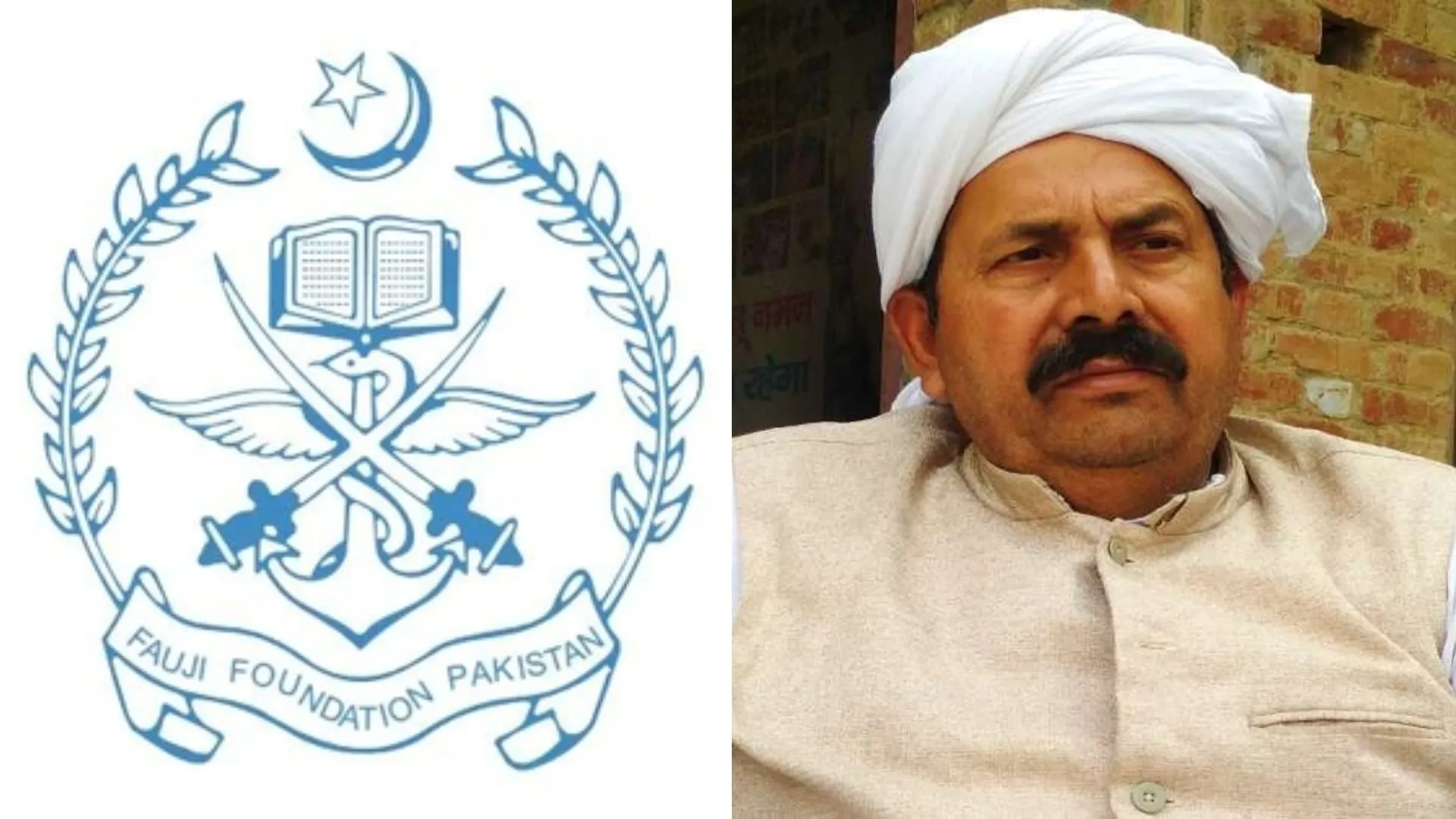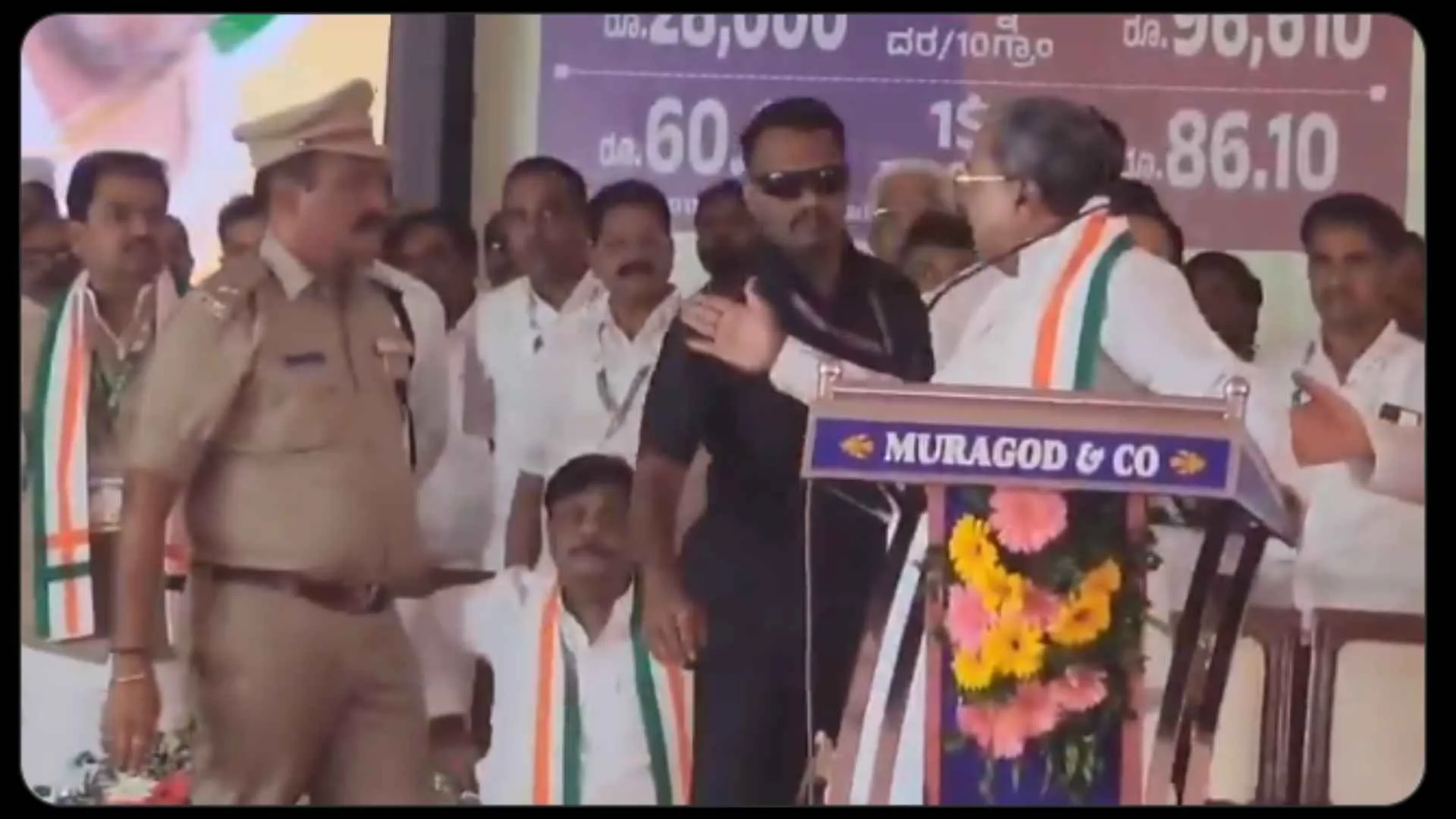Maxime Bernier, leader of the People’s Party of Canada (PPC), expressed his concerns on Thursday regarding the serious allegations made by the Royal Canadian Mounted Police (RCMP) and the Liberal government against Indian diplomats, accusing them of engaging in criminal activities on Canadian soil. Bernier emphasized the gravity of these claims but criticized the lack of solid evidence presented so far by the Canadian government.
“If true, allegations made by the RCMP and the Liberal government that Indian diplomats participated in criminal activities on our territory are very serious and should be dealt with. So far, however, we haven’t been given any proof. And Trudeau is clearly using this crisis to divert the attention from other controversies,” Bernier posted on X (formerly known as Twitter).
Bernier Criticizes Trudeau for Diverting Attention
While Bernier acknowledged the potential seriousness of the situation, he suggested that Prime Minister Justin Trudeau might be leveraging the diplomatic crisis to distract from other scandals his government is facing. According to Bernier, the lack of clear evidence supporting the allegations against Indian diplomats raises questions about the motive behind the accusations.
Bernier Calls for Revocation
Bernier also addressed the ongoing controversy surrounding Hardeep Singh Nijjar, a Khalistani terrorist killed in Canada last year. He challenged the widely held belief that Nijjar was a Canadian citizen, arguing that he had fraudulently claimed asylum and was granted citizenship under questionable circumstances.
“One myth should be dispelled though: That the central figure in this controversy, Hardeep Singh Nijjar, the Khalistani militant who was murdered last year, was a Canadian. He was actually a foreign terrorist who used fraudulent documents to claim asylum in Canada several times starting in 1997. His claims were rejected, but he was nevertheless allowed to stay in this country and was somehow granted citizenship in 2007,” Bernier stated.
To correct what he called an “administrative error,” Bernier proposed that Nijjar’s Canadian citizenship should be revoked posthumously. “Nijjar wasn’t a Canadian. We should perhaps posthumously take away his citizenship to right this administrative error. He should have been deported after his first fake asylum claim, like the hundreds of thousands of fake asylum claimants who are in Canada right now,” Bernier added.
Canada’s Immigration Policies Under Fire
Bernier linked the Nijjar case to broader issues with Canada’s immigration policies, blaming the country’s long-standing approach of inviting foreigners and their internal conflicts into Canada. He stressed that Canada must acknowledge the failure of these policies and begin working more closely with India to resolve these issues.
“All this is happening because Canada has for decades deliberately invited these foreigners and their tribal conflicts into our country. We should recognize this major blunder and work with the government of India to find solutions instead of jeopardizing our relations with a rising world power and an important ally over this issue,” Bernier remarked.
India-Canada Relations at a Crossroads
The relationship between India and Canada has been deteriorating since Prime Minister Justin Trudeau alleged a link between Indian government agents and the murder of Nijjar. The situation worsened this week when India rejected Canada’s request to question six Indian diplomats, including High Commissioner Sanjay Verma, in connection with Nijjar’s assassination. India described Canada’s move as “preposterous” and has firmly stood by its stance that the allegations are unfounded.
The Indian government has maintained that the current crisis stems solely from Trudeau’s “baseless allegations” and criticized Canada for failing to act on India’s long-standing requests for the extradition of 26 individuals accused of terrorism and other serious crimes.
Pannun Confirms Communication with Trudeau’s Office
Adding another layer to the diplomatic rift, Gurpatwant Singh Pannun, a designated terrorist in India and the general counsel for the secessionist group Sikhs for Justice (SFJ), confirmed that he had communicated with Trudeau’s office in recent years. In an interview with the Canadian Broadcasting Corporation (CBC), Pannun revealed that the SFJ had engaged in discussions with the Prime Minister’s office regarding espionage networks allegedly operated by India within Canada.
MUST READ | Joe Biden On Yahya Sinwar Being Killed: It’s A Good Day For Israel






















